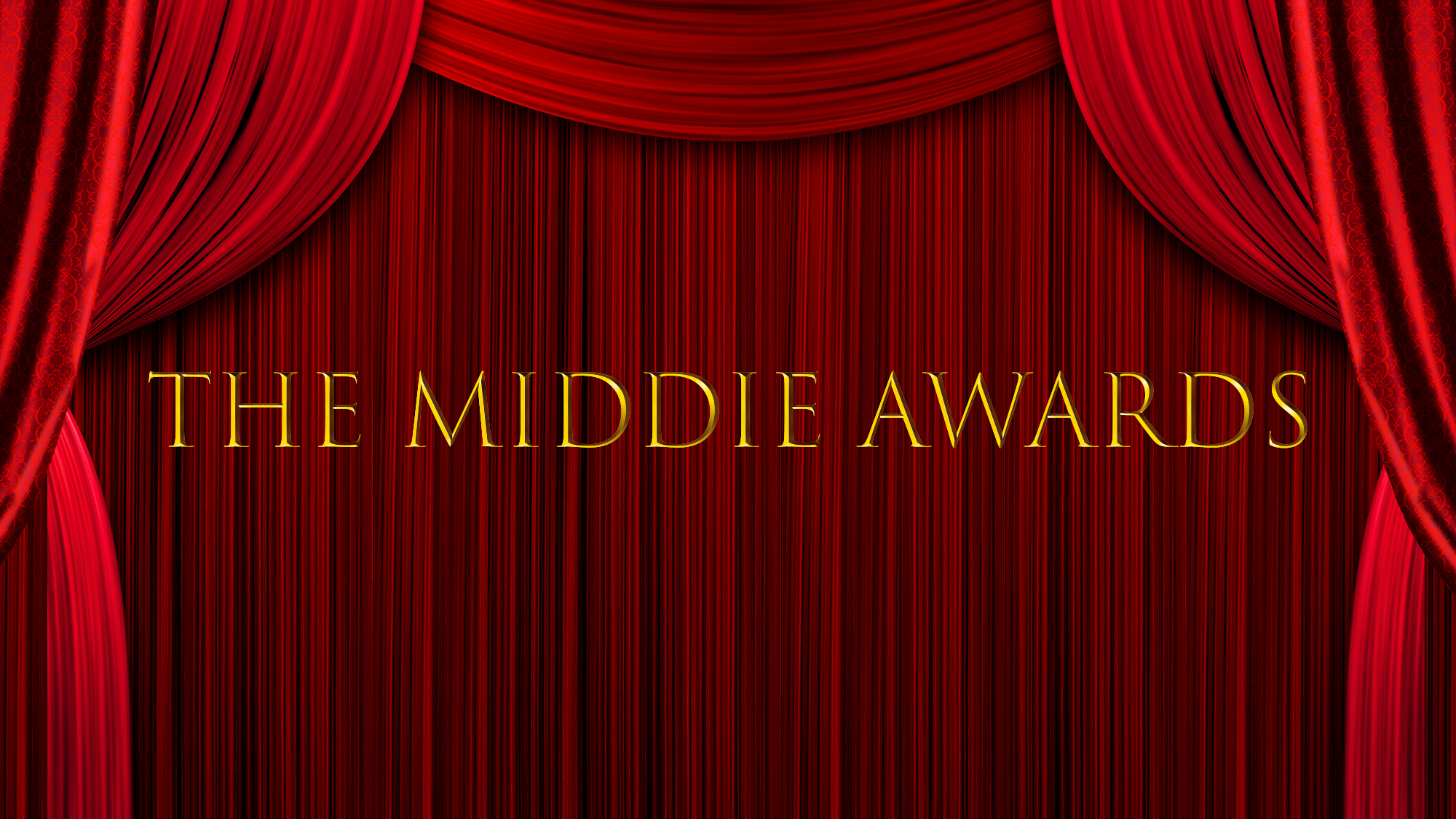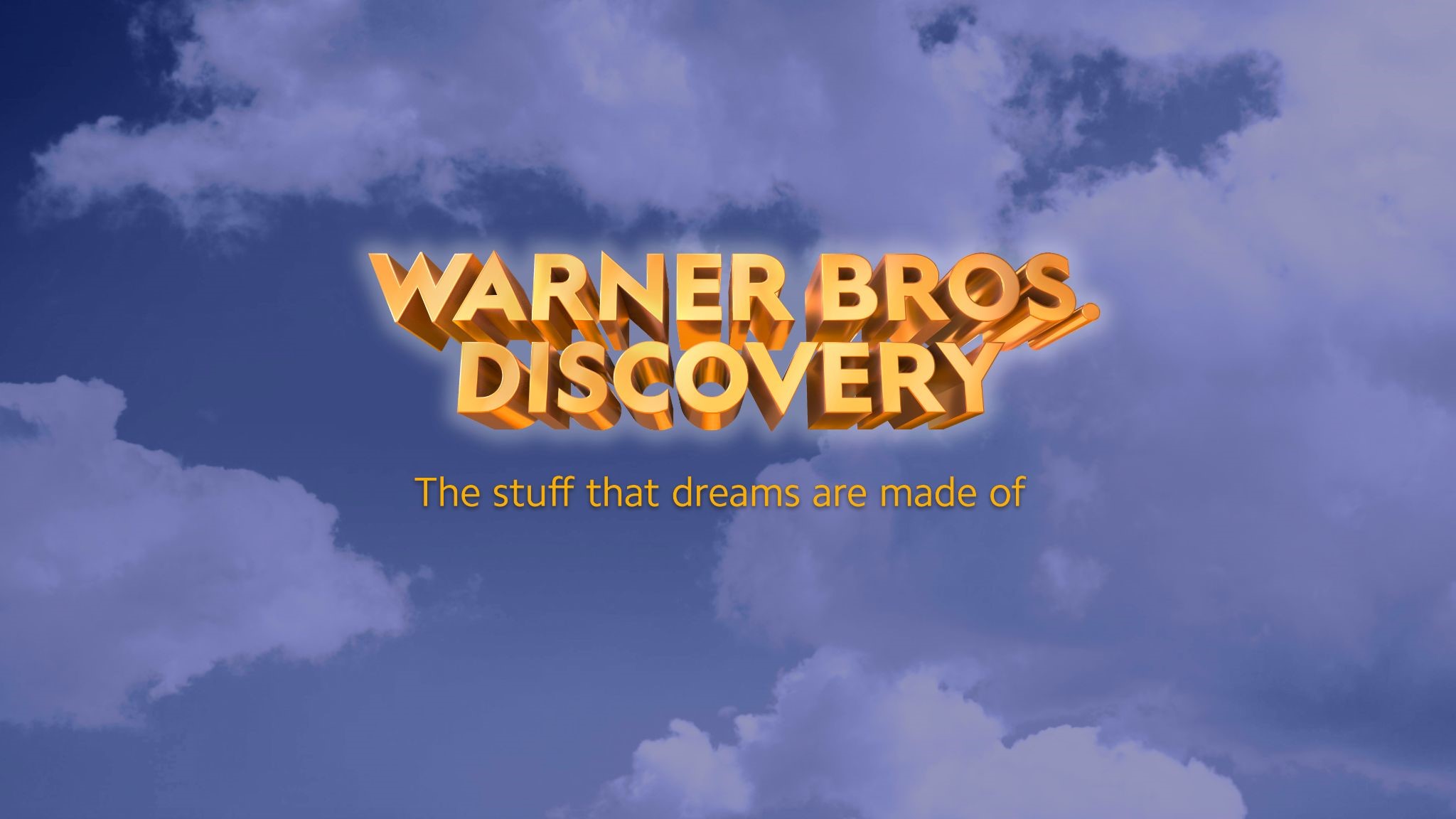Presenting the 'Middie Awards': Streaming Video’s Biggest Hits and Misses for the First Half of 2021
Who had the biggest deal? The biggest flop? The envelope, please ...

The smarter way to stay on top of the streaming and OTT industry. Sign up below.
You are now subscribed
Your newsletter sign-up was successful
We’ve somehow reached the halfway point of 2021, one of the most momentous years in the brief annals of streaming video, and it’s time to hand out awards for the biggest hits, misses and trends so far.
We’ll call these awards “The Middie Awards" (aka "The Middies"), because we’re midway through the year. And we’ll keep in mind that this is all rather provisional, given the changes ahead as we haltingly, uncertainly emerge into the post-pandemic light, and possibly away from the large and smart screens flickering in our darkened homes. So, let’s begin:
Biggest Deal
With a shrug of his very well paid shoulders and an Emily Litella-ish “Never mind,” AT&T CEO John Stankey walked back the $85 billion mega-deal he’d helped craft just three years earlier, announcing that WarnerMedia will spin off into a joint venture with Discovery. The deal creates a streaming mammoth that, to use the technical term, scared the crap out of the industry, prompting expectations of a wave of competitive consolidation to keep up. Comcast’s Brian Roberts, for instance, is reportedly yearning to buy Roku and/or ViacomCBS, though his company already does pretty much everything they each do. But the Warner Bros. Discovery deal also creates a lot of questions, inside and outside of the company. Will Warner Bros. Discovery be one service, two, or possibly even three, with AT&T’s quixotic plan to allow Jeff Zucker to create a stand-alone CNN streamer before he retires? These guys have a lot of strategery to figure out, it would seem.
Worst Logo
Speaking of quixotic, the “winner” of this Middie is Warner Bros. Discovery, hands down. The look was no doubt inspired by studio Golden Era nostalgia and too much Photoshop, but far worse was the kicker slogan, “The Stuff That Dreams Are Made Of.” Humphrey Bogart’s misquote of the Shakespeare line, supplied to John Huston as he was casting about for a way to end The Maltese Falcon, unintentionally provided an appropriately comical commentary on AT&T’s comically bad original deal. Except those dreams don’t mention the disruption of thousands of lost jobs and the selloff or closure of numerous smaller units by a cash-strapped AT&T struggling with a mammoth pile o’ debt. Let the lessons of this lame logo warn all the consolidators out there, and the hapless graphic artists and marketing schmoes charged with making those deals look prettier.

Second Biggest Deal … Maybe
Amazon’s acquisition of once-storied studio MGM, with plans to strip-mine its vast library for new shows, is typical Jeff Bezos ruthless brilliance, though it’s kinda weird no one else did it already. Even at an inflated $8.45 billion, Amazon gets material for endless reboots, remakes and spinoffs to fill out not just Prime Video, but also IMDb TV, NFL pre-shows, Twitch marathons, Blu Ray boxed-set sales, and the rest of Amazon’s legion of video initiatives. It’s worth noting that Bezos stepped aside as CEO Monday on the 27th anniversary of his founding of Amazon. Whether successor and cloud services princeling Andy Jassy has the same enthusiasm for this deal will be worth tracking, especially because of the next award…
Outstanding Achievement in Consolidation
Ronald Reagan famously invoked a Russian proverb when negotiating nuclear-arms treaties in the 1980s with the Soviets: “Trust, but verify.” Successor Joe Biden seems to have rewritten the line: “Antitrust, and also verify.” Biden named antitrust theoretician Lina Khan as chairhuman of the Federal Trade Commission, and a passel of like-minded lawyers to key posts at the U.S. Department of Justice. Khan promptly added a review of the MGM deal to the FTC’s already huge investigation of Amazon’s minimum-pricing requirements for third-party vendors. Amazon just as promptly sought Khan’s recusal because of her influential proposals to update antitrust law for the digital era. Then a federal judge threw out a separate antitrust suit against Facebook by the FTC and nearly 50 states. The FTC gets to refile with more evidence, the judge said. But the states were told they don’t get to have second thoughts years later on deals like Facebook’s acquisitions of now-gigantic services WhatsApp and Instagram. States may take that ruling as motivation to speak now, and never hold your peace on big deals that might eventually become problematic. PwC said last week that a record 410 media and telecom deals happened in 2021’s first half. The consultancy expects similar M&A fervor in H2, though it’s becoming clear the fall and winter will see a growing push-pull tension between scale-up sentiments and regulatory roadblocks at home and abroad.
Most Global Citizen
Netflix is already in more than 190 countries, and now that everyone else has launched a service or two, they’re trying to get there too, because that’s where the growth will come from. Disney Plus has already reached a couple of dozen countries, and also launched its Star international service, an internal answer to the inherent conflicts of its fractured U.S. strategy (more on that below). But other services are going global too. The Star Trek Channel, er, Paramount Plus smartly headed south into Latin America. Everyone from Peacock to Tubi also is pushing overseas, figuring out release strategies and rights deals, buying local shows, localizing others, and trying to learn what works from market to market, especially as huge opportunities such as India suddenly get much more repressive and controlling of media, social media and entertainment within their borders. Again, Netflix has been doing this dance for years, and has it down pretty well. Pretty much everyone else is riding the Learning Curve.
The smarter way to stay on top of the streaming and OTT industry. Sign up below.
Flattest Spring
It’s tempting to hand this Middie to Netflix, which continued to talk of the depressive “carry forward” effects on subscriber growth from that monumental first half of last year, when it added more than 26 million new subscribers, roughly what it added in all of 2019. Since then, new adds, particularly in the U.S., have been considerably more muted, though it’s useful to point out that Netflix still has more subscribers and view share than any of its competitors, along with some of the industry’s lowest churn and highest ARPU (i.e., the numbers Wall Street really should be tracking). So instead, this Middle goes to Disney Plus, which is facing its own hangover from a phenomenal 2020, and the more problematic limits of that fractured streaming strategy. There was always going to be a limited, though admittedly large, audience for Disney+’s tightly defined mix of cartoon princesses and cartoonish superheroes. Disney Plus did feature some of the season’s most daring and inventive shows, with WandaVision and Loki turning about a million Marvel tropes inside out. But outsider measures of growth suggest getting the next 110 million Disney Plus subscribers (bringing it even with where Netflix is now) won’t be quite so super-powered as that first remarkable batch.
Outstanding Achievement in Alternative Metrics
And yes, we just handed out a Middie for Flattest Spring, with two worthy nominees. But as the Netflix nomination suggests, analysts and investors are beginning to understand that metrics other than total subscribers are important too. With that will come a stronger push for transparency about those and other key metrics. It’s hard to see that secretive approach, which Netflix also pioneered for the industry, sustaining if investors and regulators start getting antsy, as they should.
The Levi Strauss Award
Sony announced output deals with both Netflix and Disney Plus for its movies once they hit traditional pay-TV windows. The moves cemented Sony’s “arms dealer” approach to streaming, and was a much-admired admission of the limits it faces as a mid-sized studio with a so-so library. Rather than compete with trillion-dollar companies, Sony went full Levi Strauss, selling off its Crackle unit, and selling everyone else the picks and shovels they need to mine for streaming gold. Smart.
Most Puzzling Business Strategy
An easy one: Apple, which this month will start charging original subscribers for a service it launched 20 months and a couple of lifetimes ago. Apple TV Plus is now making lemonade from the sour aftertaste of its originals-only approach, spending billions on often quite good shows like Physical, Stephen King’s Lisey’s Story, The Mosquito Coast and CODA, the Sundance hit that it bought for a record $25 million early in the year. But when it came to spending real money on MGM or another library that Apple could mine for new shows, crickets, bupkis, de nada ensued. CEO Tim Cook reportedly is worried investors would “freak out” if he bought a studio. At some point, they may freak out if he doesn’t. But perhaps a little freakout would finally get Cook et al to explain their TV Plus strategy beyond spending those billions. So far, an occasional Ted Lasso trailer during a product rollout is hardly useful.
Outstanding Achievement in Wall Street Gaming
Commentators spent the half-year tut-tutting about Robinhood-and-Reddit-powered retail investors slingshotting dying stocks to unlikely heights. No “meme stock” played the runs more brilliantly than AMC Entertainment, the highly leveraged theater chain. The company (and its executives) cashed in through a series of maneuvers when shares took off, pulling in enough money that those executives could talk bravely about buying other troubled assets. You have to admire the swagger, but it’s worth noting the company is still crippled with debt, lots of crummy leases in zombie malls, and that uncertain general future for theater chains beyond the next 18 months.
Best Windowing of a Movie or TV Show
Speaking of the future of theaters, this time last year, tens of millions of viewers started routinely watching movies and TV shows on streaming services with connected TVs, creating a new paradigm for gathering ‘round the digital hearth. Brands noticed, shifting their advertising spend to CTV as well. Now, with the pandemic easing, will streaming consumption on smart TVs be the permanent future, as Hollywood and Silicon Valley are betting? Or will people revert to going to theaters to see all those long-delayed blockbusters, and return to broadcast and cable to watch live sports, news, reality competitions, and awards shows? I’m betting the Empire Strikes Back, for a little while, before the blockbuster glut plays plays out, and people notice how little of what they want to watch is still exclusive to, or even on, broadcast and cable. As Louis XV might have said, “Aprés ça, le dèluge.”
David Bloom of Words & Deeds Media is a Santa Monica, Calif.-based writer, podcaster, and consultant focused on the transformative collision of technology, media and entertainment. Bloom is a senior contributor to numerous publications, and producer/host of the Bloom in Tech podcast. He has taught digital media at USC School of Cinematic Arts, and guest lectures regularly at numerous other universities. Bloom formerly worked for Variety, Deadline, Red Herring, and the Los Angeles Daily News, among other publications; was VP of corporate communications at MGM; and was associate dean and chief communications officer at the USC Marshall School of Business. Bloom graduated with honors from the University of Missouri School of Journalism.

